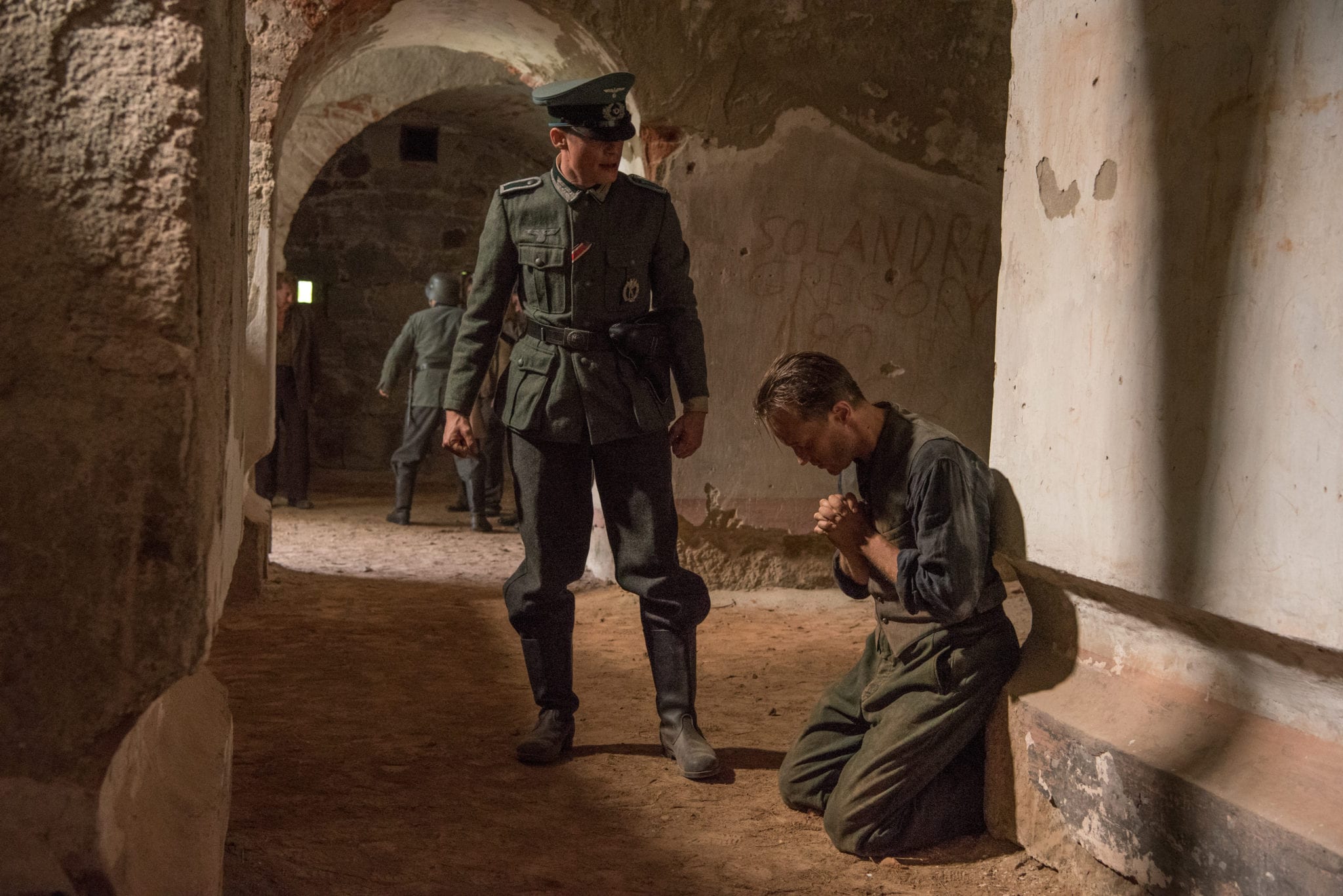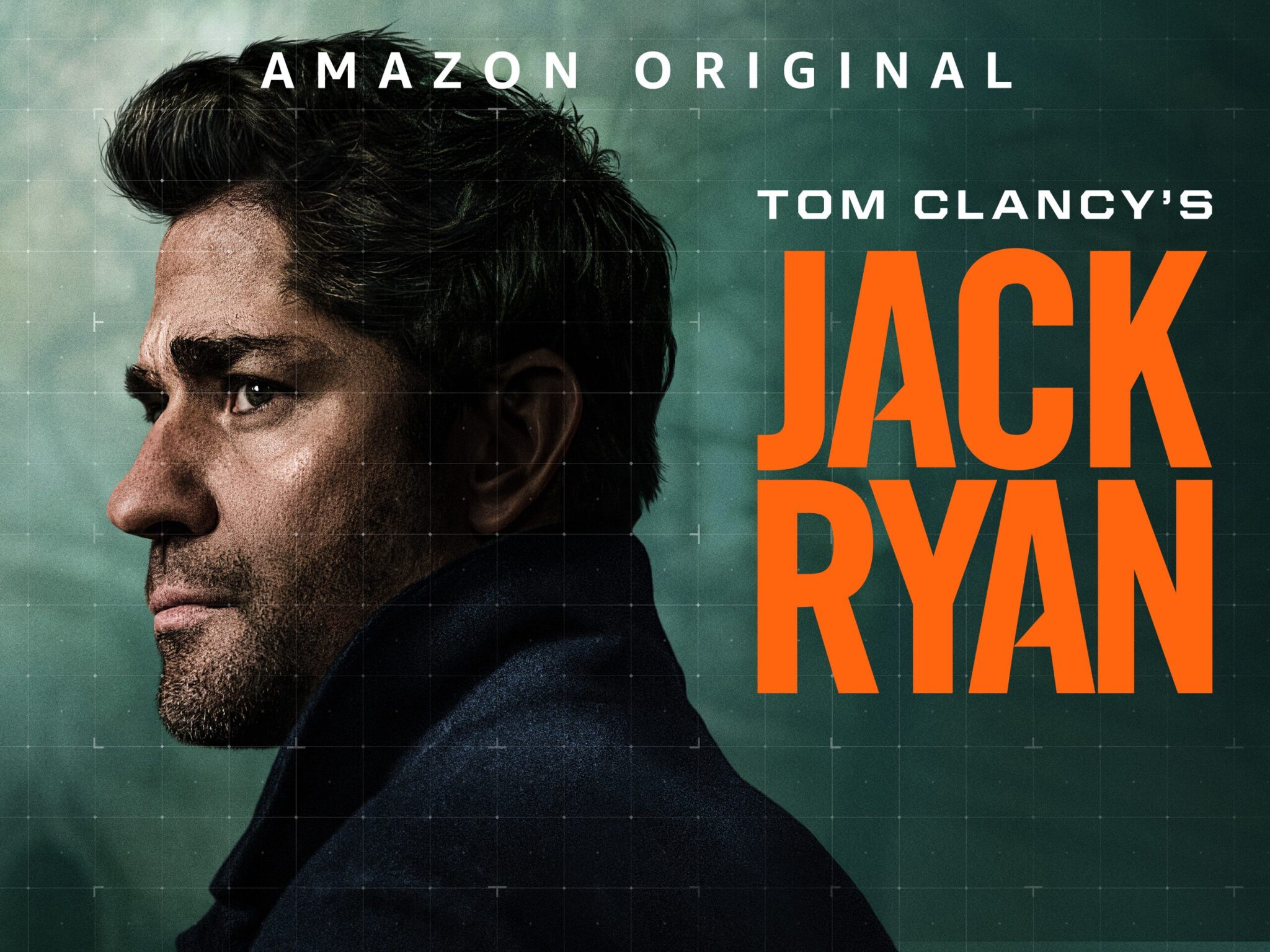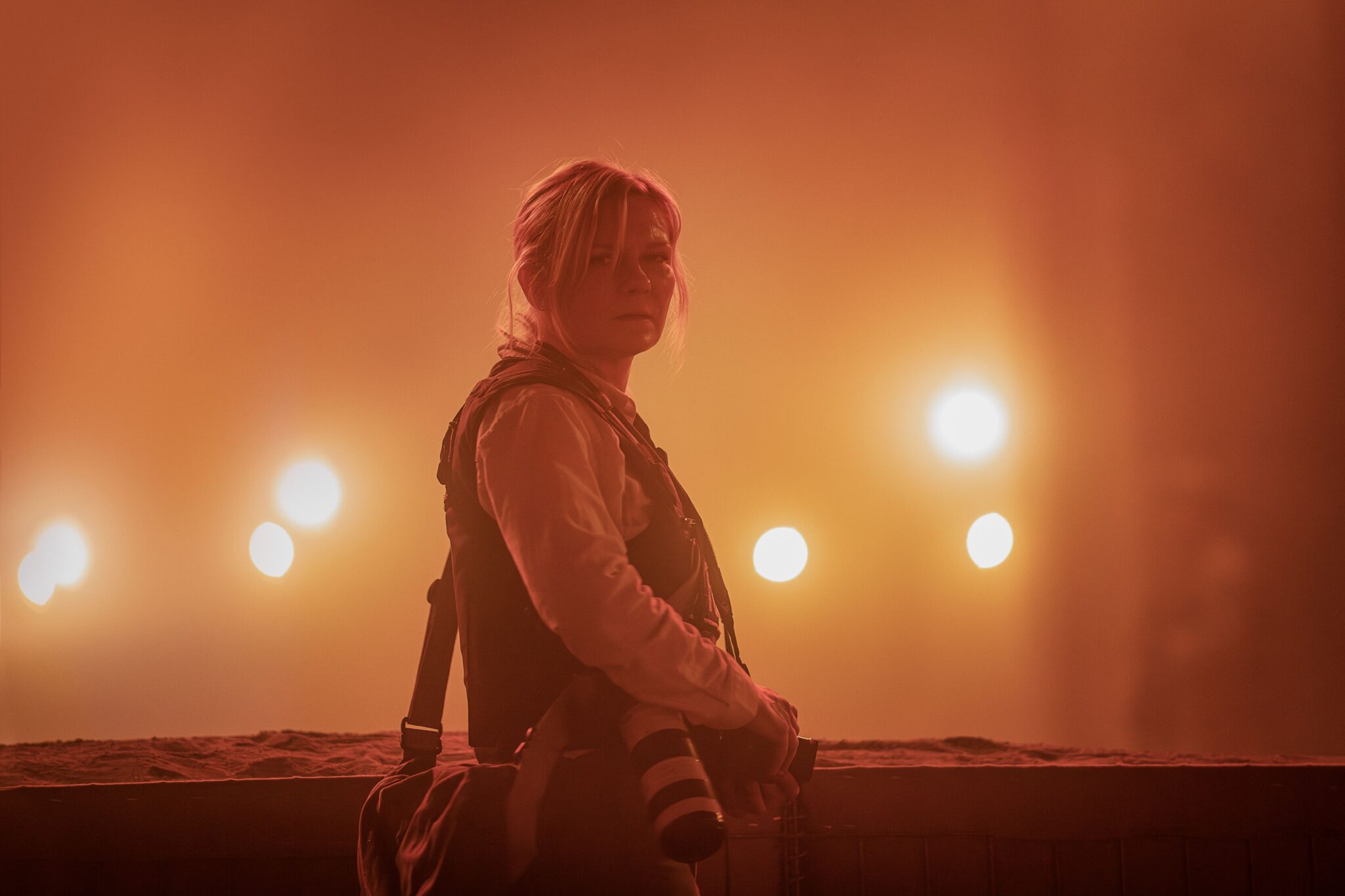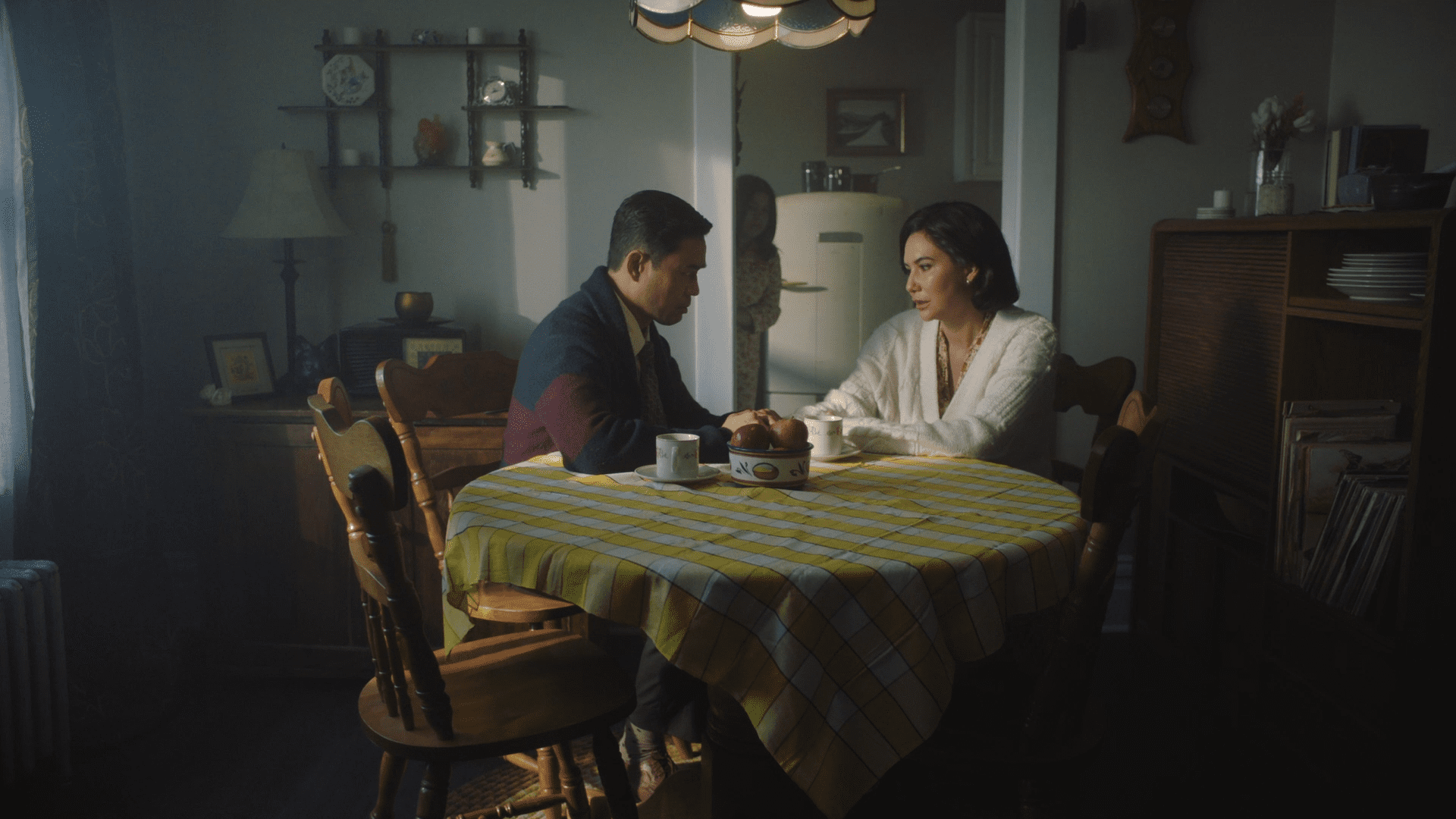Terrance Malick creates films that are spiritual experiences. Sometimes, it is more about the experience than story. (Personally, I love going through those experiences, but understand why some find it difficult.) In A Hidden Life, Malick creates an experience that relies on the real-life inspirational story of Franz J?gerst?tter, an Austrian conscientious objector during World War II. Although it has the traditional plot framework, like many of Malick?s films, it feels more like visual poetry than the prose that makes up the story.
The tone of the film is set at the beginning as strains of Bach?s St. Matthew?s Passion plays over archival footage of Nazi parades and military parades. This dichotomy of the sacred and what is now nearly universally seen as the embodiment of evil speaks to the conflict upon which this film is built. We know from the beginning that this is a story of good and evil. We also know that it will surely be told with a spiritual depth that is rare to find in films.

Franz J?gerst?tter (August Diehl) is a peasant farmer living in an idyllic village in the Alpine foothills. He, his wife Fani (Valerie Pachner), and their three daughters live a happy life in a community that works, plays, and worships together. When Austria is annexed by Germany, Franz, like all Austrians, must report for basic training. Because farmers are important to the war effort, he soon returns home, but the threat of being called up is always on his mind. If he is called up, he will be required to take an oath of allegiance to Adolph Hitler, whom he sees as evil. (The term Antichrist is used about Hitler in the film, but not spoken by Franz. He does seem to agree with the characterization, though.)
As he awaits the possible call up, he and Fani discuss his options. He also becomes known to the community as an anti-Nazi (a stance most of the village disagree with). While others use ?Heil Hitler? as a greeting, Franz dissents. He speaks with his parish priest, who is supportive, and even gets an audience with the local bishop, who is less so (perhaps out of fear that Franz might be a Gestapo spy).

When the call-up comes, Franz reports, but when the time comes to take the oath, he refuses?an act he knows may well lead to his immediate execution. Instead he is arrested and begins a period of months in prison, first in Austria, and then in Berlin. Many, his priest, his lawyer, military people, even other prisoners, make arguments that he should sign the oath and save his life. But in his heart, he must be faithful to himself and his Christian beliefs?even if it could lead to his death.
Meanwhile, back in the village, the J?gerst?tter family is being ostracized. Fani and her sister are left to do all the farm work themselves, even when the others in the village help one another in these difficult times. Franz and Fani?s daughters have mud thrown at them by neighboring children.
During this period, we hear, mostly in voice over, the letters between Franz and Fani. The letters are in part love letters, but also an exploration of the faith in God these two people have as they face these trials. The way the letters are read make them seem poetic.
This is a film that has various layers for us to appreciate. As always with Malick films, A Hidden Life is gorgeous. Director of Photography Jeorg Widmer gives us jaw dropping shots of scenery. Even his shots inside prison speak as loudly as the dialogue in the film. The visuals of the film create a visual poetry that underlies the story we are told.
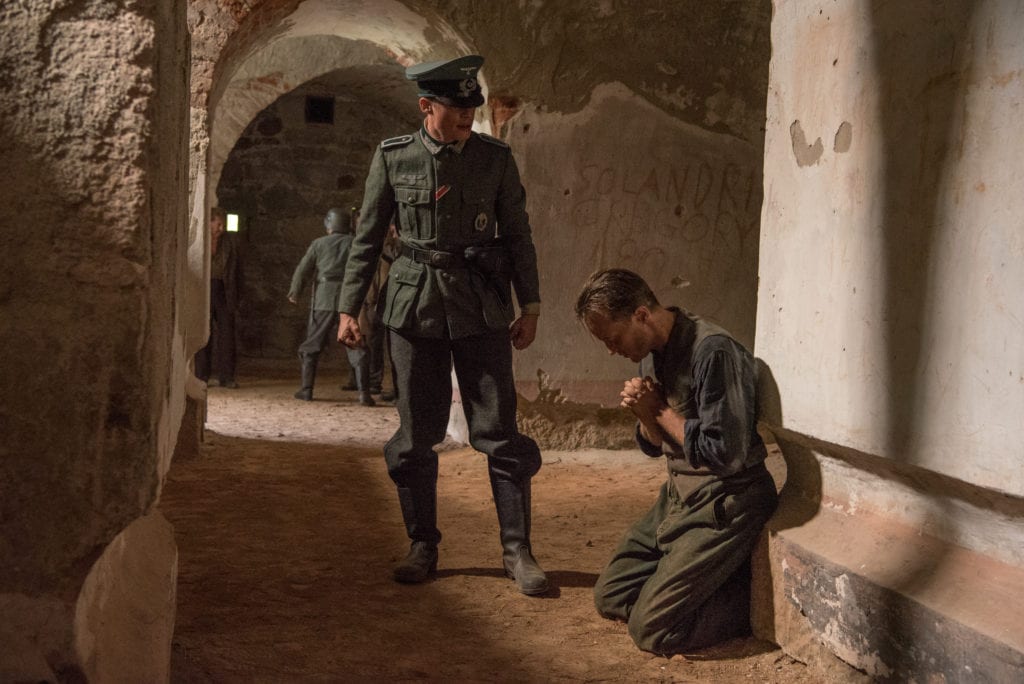
Like some of Malick?s other films, he allows the visual aspects to help carry the story. The film is in English and German. The German portions are not subtitled, but in reality we don?t need the subtitles. We know perfectly well what is happening, even if we don?t know the words being said. The love letters are often heard as we see scenes from the life the two key characters are living out. Those scenes may not coincide with the words we hear, but they clearly are integrated to the emotional tone of the letters.
A good part of the film is built around those who try to get Franz to submit to the oath. It is not unlike the temptation of Christ or the discussions Job has with his friends. Each one brings a new reason for him to consider: it is really just a formality; no one really takes it seriously; he has a duty to his family to stay alive and support them; he can be assigned hospital duty and not be part of the fighting; no one will know what he is doing so it is a wasted effort; it is his patriotic duty to support his nation; it is biblical to obey those in authority because they have been put there by God. And like Jesus in the wilderness or Job among the ashes. Franz holds firm to his position that he is doing right and his duty to God.
For one who remembers the draft during the Vietnam War, I recognize those arguments, which are similar to those made against conscientious objectors in that period. Like J?gerst?tter?s neighbors, there were many during the Vietnam era who considered COs to be cowards and traitors. It was often a difficult path for those who sought to live out their faith in that time by refusing to take part in what they considered an unjust and illegal war.

In one of his letters Franz writes, ?”If I must write… with my hands in chains, I find that much better than if my will were in chains. Neither prison nor chains nor sentence of death can rob a man of the Faith and his free will.? In this he echoes the Apostle Paul, who spoke of himself as an ?ambassador in chains?. For Franz, the Nazis might control his body and even take his life, but on a spiritual level, his freedom was his own.
A word should be said about the length of the film. Its running time is three hours. While leaving the theater after seeing this at AFI Fest, I overheard a conversation in which some one asked if it needed to be three hours. I thought that perhaps it didn?t need to be that long, but there is no reason for it not to be that long. And because it is such an immersive and at times meditative experience, the running time could easily be seen as adding to the strength of the film.

For the record, Franz J?gerst?tter was declared a martyr by Pope Benedict XVI and beatified in 2007. It should be noted that the word martyr comes from the Greek word for witness. Franz J?gerst?tter servs as a witness to what it means to be faithful in the face of evil. His story was relatively unknown for many years. One argument made by his tempters was that no one would ever know his story, so it was an empty act. But now, his story comes to us with power and faith to speak to how we are called to live in the world when evil often appears in many manifestations that seek to either force us to take part, or at the very least stand silently by.
A Hidden Life was awarded the Prize of the Ecumenical Jury at Cannes.
Photos courtesy of Fox Searchlight Pictures

